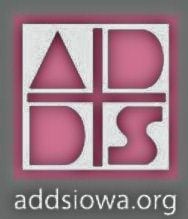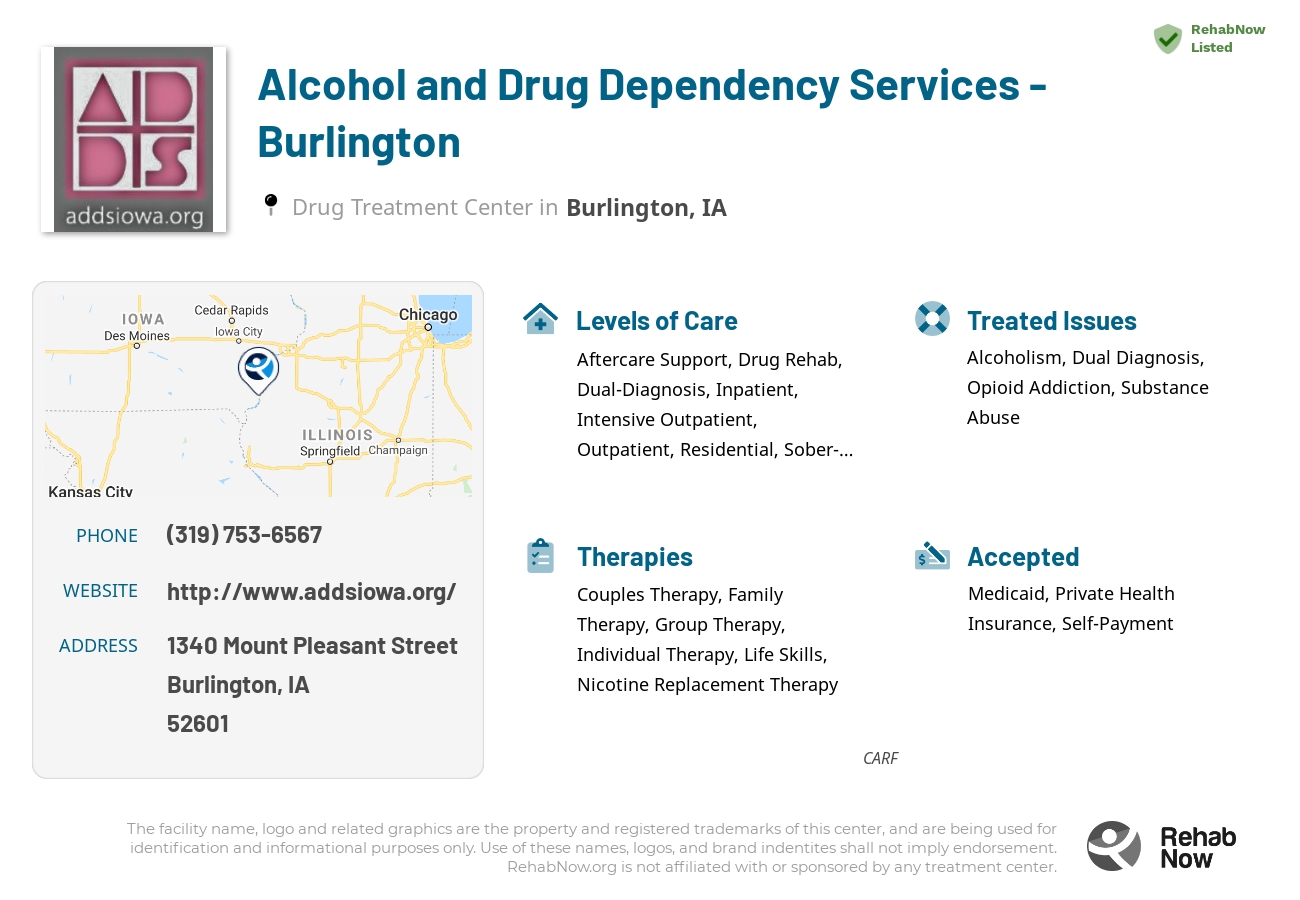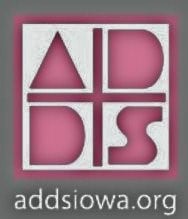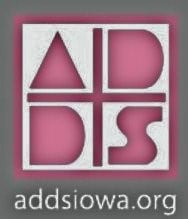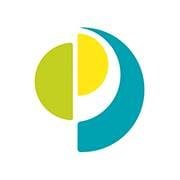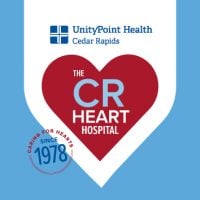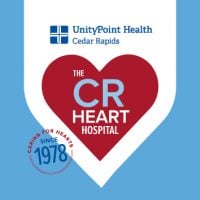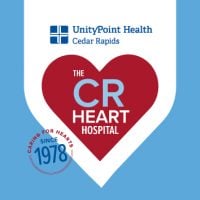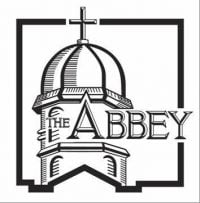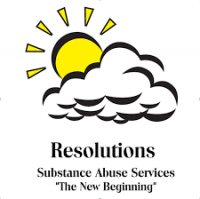Alcohol and Drug Dependency Services - Burlington
Drug Rehab Center in Burlington, Iowa
Alcohol and Drug Dependency Services - Burlington is a treatment facility that provides addiction services, evidence-based treatment, medication-assisted treatment, family therapy, and trauma-informed care, to help individuals recover from substance abuse and achieve long-term sobriety.
About Alcohol and Drug Dependency Services - Burlington in Iowa
Alcohol and Drug Dependency Services - Burlington is an addiction treatment facility and residential center located in Burlington, Iowa. It offers 20 beds for individuals and families who are seeking treatment for substance abuse and addiction. Services are tailored for all types of addiction, including alcohol, opiates, and dual diagnosis, providing evidence-based treatment, Aftercare support, and a variety of levels of care. The facility is accredited by the Commission on Accreditation of Rehabilitation Facilities (CARF) and holds a license from the Iowa Department of Human Services.
Alcohol and Drug Dependency Services - Burlington is dedicated to providing a safe and supportive environment. Their experienced and qualified staff are committed to helping individuals and their families identify and understand the underlying issues related to their addictions. Through counseling, individualized treatment plans, and recovery-oriented activities, Alcohol and Drug Dependency Services - Burlington offers a comprehensive program that helps individuals reach their full potential and build a successful life in sobriety. In addition, they provide a range of aftercare services including relapse prevention and alumni programs to ensure long-term success.
Genders
Ages
Modality
Additional
Accreditations

CARF
The Commission on Accreditation of Rehabilitation Facilities (CARF) is a non-profit organization that specifically accredits rehab organizations. Founded in 1966, CARF's, mission is to help service providers like rehab facilities maintain high standards of care.
Conditions and Issues Treated
Rehabilitation, Medication, and Therapy – a combination of all three is most effective.
The most successful treatments for drug dependence or abuse have been those that include education and counseling and medication such as methadone or buprenorphine. The right drug abuse treatments need counseling, psychotherapy, and detoxification or medications to help with withdrawal symptoms.
Substance abuse can take many different forms, including the overuse or misuse of prescription drugs, unprescribed drugs, alcohol addiction, and drug addiction.
A combination of treatments is often needed to treat drug abuse issues effectively. In the case of drug abuse, there is no easy answer or one-size-fits-all cure.
While some drug addictions can be treated with counseling and support groups, many drug abusers also need medication to help them overcome their addiction. In other cases, drug abuse can lead to a medical problem and require medical treatment.
Treatment for drug addiction typically combines counseling and psychotherapy with medication and behavioral therapies. In some rare cases, hospitalization may also be required. All different treatments combined are the best way to help someone addicted to drugs, alcohol, or other substances.
Treatment for opioid addiction is best made with the help of medical professionals who are experienced in dealing with these types of drugs. This treatment can involve medications, exercise, behavioral therapy, and counseling sessions. It is important to note that the effectiveness of treatments for opioid addiction vary, so it is vital to research which treatment options are suitable for each individual.
Many people who struggle with opioid addiction need to attend specific programs like methadone , Suboxone or Vivitrol clinics.
These types of programs will provide the patient with legal, prescription medications that can help them overcome their cravings for illegal opioids like heroin or fentanyl . If the patient has a chronic condition like Hepatitis C, they must undergo treatment before they can begin taking these medications.
Individuals who are addicted to drugs and/or alcohol often have one or more co-occurring mental health disorders. Addressing both the addiction and the mental health problems at facilities like Alcohol and Drug Dependency Services - Burlington can be very beneficial for these individuals.
Common mental health conditions that often co-occur with addiction include:
- Anxiety Disorders – People with drug and alcohol problems often suffer from anxiety disorders such as panic disorder, obsessive-compulsive disorder, social anxiety disorder, and generalized anxiety disorder.
- Depression – One of the most common mental illnesses co-occurring with addiction is major depressive disorder.
- Attention-deficit hyperactivity disorder (ADHD) – Many people with drug and alcohol problems also suffer from ADHD.
- Bipolar Disorder – People with bipolar disorder are more likely to suffer from drug and alcohol problems than the general population, and vice versa.
Levels of Care Offered
This center offers a variety of custom treatment tailored to individual recovery. Currently available are Aftercare Support, Drug Rehab, Dual-Diagnosis, Inpatient, Intensive Outpatient, Outpatient, Residential, Sober-Living / Half-Way, with additional therapies available as listed below.
Inpatient recovery offers individual therapy, groups, and family therapy. The length of inpatient addiction treatment depends on the addict and their addiction. Inpatient rehab is a costly drug treatment, costing anywhere from $30k- to $60k. However, insurance often offers help in covering these costs.
An intensive outpatient treatment program, or IOP, is set up for those struggling with an addiction to begin the recovery process. However, the patient will not live at the facility during treatment.
IOP involves patients coming in and out of a medical office building regularly to receive therapy and other services while continuing their life outside of these visits.
IOP is a step up from drug detoxification or alcohol detox. However, it’s still considered a phase of recovery rather than the ultimate goal. There are many rehabs and treatment facilities available to patients in need of IOP.
Outpatient treatment can be considered the lowest intensity level of addiction treatment in Burlington, IA. It is ideal for early phase addiction or lower intensity addictions. Alcohol and Drug Dependency Services - Burlington peer group support, 12-step programs, and individual counseling are likely to be involved.
Sober living homes are transitional houses for recovering addicts who need more structure than they would receive in an aftercare program. Specific rules and regulations are enforced in these homes, which are beneficial for people who need a greater degree of structure than other types of treatment.
Sober living home options include:
- Live-in managers – might be beneficial to people who do not have a support system in place at home, or who experience high levels of stress between work and home life.
- House managers – House managers are beneficial for people who do not have a strong social network to rely on, or who are concerned about relapse in their daily lives.
- House parents – House parents are beneficial to people who reside in areas without a strong aftercare program for support.
Residential treatment programs are those that offer housing and meals in addition to substance abuse treatment. Rehab facilities that offer residential treatment allow patients to focus solely on recovery, in an environment totally separate from their lives. Some rehab centers specialize in short-term residential treatment (a few days to a week or two), while others solely provide treatment on a long-term basis (several weeks to months). Some offer both, and tailor treatment to the patient’s individual requirements.
Aftercare support is vital to those who have completed a drug or alcohol treatment program. This support comes in individual and family counseling, treatment of psychiatric and other medical conditions, and medications to reduce cravings. It helps recovering addicts adjust to normal day-to-day activities and can last for a year or longer.
The majority of drug and alcohol addicts who receive aftercare treatment do not relapse. It is estimated that without aftercare, the relapse rate will be between 70 to 90 percent for most people. Aftercare is the final stage in addiction recovery, but it will also help maintain sobriety if relapse does occur.
Therapies & Programs
Individual therapy is ideal for addicts who want to focus on themselves. It can also be helpful for those whose withdrawal symptoms are exacerbated by the presence of other people.
Benefits of individual therapy are:
- Access to a personalized treatment plan that focuses on the individual needs of the addict
- More privacy during treatment sessions
- Better personal development through introspection
- Increased self-awareness regarding addictive tendencies in order to avoid relapse
- Greater potential for a long-term recovery plan
- Receiving professional advice and detox assistance from medical staff
Couples therapy is a treatment method used to help couples in which at least one member of the couple has a drug addiction. Couples therapy can be used whether the addicted partner is using drugs or in recovery. An additional benefit of couples therapy is that it can help make other types of treatment, such as 12-step programs, more effective.
Family therapy can help you and your family deal with old issues that may trigger substance abuse. The idea behind family therapy for drug addiction is that you are never fully healed from substance abuse until you’ve healed your relationship with your family, too. To get sober, you need to find a different way to cope with the pain in your life.
This is when a group of people in various stages of recovery meet up and discuss their experiences, triggers, successes, failures, and even alternative therapies! Unlike support groups where everyone already knows each other, group therapy is conducted along side outpatient or inpatient treatment at Alcohol and Drug Dependency Services - Burlington.
CBT is a psychotherapy approach and method. [ws-nap-name] people to examine how their thoughts, including habitual harmful and inaccurate thinking, affect their actions. CBT is based on the idea that rigid, inflexible thinking leads to poor stress management, which leads to emotional distress.
Similarly, CBT helps people identify and change negative behaviors. It makes you question your perceptions and ask if they are realistic. CBT asks people to examine their behaviors and emotional responses and how they affect their lives. CBT aims to change people’s thinking and behavior to lead a more balanced and healthy life.
Moreover, CBT has been shown to reduce anxiety disorders, depression, and symptoms associated with harmful thoughts or actions.
Those struggling with addiction can benefit from learning certain life skills. It is not as simple as quitting drinking or taking drugs and thinking that the hard part is over. Being sober means living a whole new way of life. Many recovering addicts have found that they need to develop talents like time management, organization, communication skills, socialization skills, and self-esteem to make their life in sobriety work, Alcohol and Drug Dependency Services - Burlington is here to help with that.
Payment Options Accepted
For specific insurance or payment methods please contact us.
Is your insurance accepted?
Ask an expert, call (888) 674-0062
Alcohol and Drug Dependency Services of Southeast Iowa Associated Centers
Discover treatment facilities under the same provider.
- Alcohol and Drug Dependency Services - Wapello in Wapello, IA
- Alcohol and Drug Dependency Services of Southeast Iowa - Burlington in Burlington, IA
- Alcohol and Drug Dependency Services - Mount Pleasant in Mount Pleasant, IA
- Alcohol and Drug Dependency Services - Keokuk in Keokuk, IA
- Alcohol and Drug Dependency Services - Ottumwa in Ottumwa, IA
Learn More About Alcohol and Drug Dependency Services of Southeast Iowa Centers
Additional Details
Specifics, location, and helpful extra information.
Burlington, Iowa 52601 Phone Number(319) 753-6567 Meta DetailsUpdated November 25, 2023
Staff Verified
Alcohol and Drug Dependency Services - Burlington Patient Reviews
There are no reviews yet. Be the first one to write one.
Burlington, Iowa Addiction Information
Iowa ranks 2nd lowest in the nation for illicit drug use, but 12% of its residents are still using these drugs every single year. Methamphetamines account for more than 90% of all drug-related prison admissions in Iowa. Alcohol is the most widely abused substance in the state, with 23% of residents admitting to heavy drinking.
8% of Burlington residents aged 12 or older misuse drugs or alcohol. 30% of people who abuse drugs develop an addiction to them. 44% of drug-related emergency room visits in Burlington involve opioids. There are 2,500 admissions to drug treatment facilities in 2017. There are a few different types of drug rehabs available in Burlington, Iowa. You can find detox services, outpatient treatment, and residential treatment.
Treatment in Nearby Cities
- Fort Dodge, IA (195.9 mi.)
- Sheldon, IA (293.4 mi.)
- Emmetsburg, IA (242.6 mi.)
- Missouri Valley, IA (253.6 mi.)
- Sigourney, IA (67.1 mi.)
Centers near Alcohol and Drug Dependency Services - Burlington
The facility name, logo and brand are the property and registered trademarks of Alcohol and Drug Dependency Services - Burlington, and are being used for identification and informational purposes only. Use of these names, logos and brands shall not imply endorsement. RehabNow.org is not affiliated with or sponsored by Alcohol and Drug Dependency Services - Burlington.
